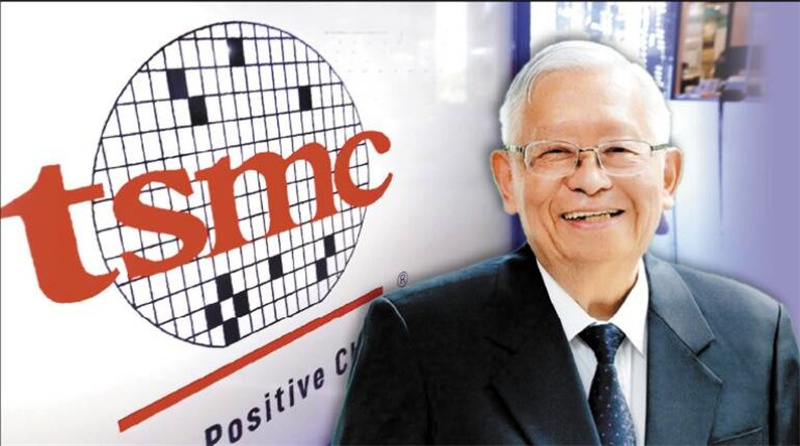Taiwan has opened a national security–related probe into former TSMC senior executive Wei-Jen Lo after reports that he took confidential documents related to the company's most advanced process technologies before joining Intel this autumn.
A spokesperson for the High Prosecutors Office told Nikkei Asia on November 17 that the investigation is still in the fact-finding stage and aims to determine whether Lo illegally transferred TSMC trade secrets to a foreign company.
Allegations: N2, A16, A14 and Post-A14 Documents Taken Before Retirement
According to Taiwan's Liberty Times, Lo — who retired from TSMC in July 2025 after 21 years at the company — allegedly asked subordinates to supply him with restricted documents on TSMC's N2, A16, A14 and post-A14 nodes while still holding executive authority. The requests reportedly avoided internal security alerts because of his senior position.
Lo joined Intel in late October as a vice president in the R&D organization, about three months after retiring from TSMC. Some Taiwanese reports say he oversees advanced equipment and module development, though Intel has not confirmed his exact responsibilities. Both companies have declined to comment.

Limited Technical Value, but High Competitive Sensitivity
Analysts note that while the documents would hold competitive value, their direct engineering benefit to Intel is limited. Intel's 18A process — already in mass production — differs markedly from TSMC's advanced nodes in design rules, patterning, and power-delivery architectures. Intel 18A uses different pattern-shaping techniques, while TSMC's A16 applies backside power delivery at the source/drain level. Intel's upcoming 14A will use High-NA EUV, whereas TSMC's A14 is expected to rely on Low-NA EUV with multipatterning.
Industry observers say Lo's decades of leadership in process development and manufacturing at TSMC may be more strategically valuable to Intel than specific documents.

A Respected TSMC Veteran With a Long Intel Background
Lo is considered one of TSMC's most influential R&D leaders. He previously worked at Intel in the late 1990s before joining TSMC in 2004. During his tenure, he helped drive EUV adoption, the 7×24 R&D model, the One-Team integration framework, and multiple node ramps. TSMC awarded him the Medal of Honor, and he retired at age 75 — well past the company's typical retirement age.
No Non-Compete, National Security Concerns Raised
Local media say TSMC did not require Lo to sign a non-compete because it believed he was fully retiring. Even if he had one, enforcement would be complicated by his U.S. citizenship. The case has attracted public attention amid Intel's renewed push — backed by U.S. government incentives — to expand its foundry business.
TSMC is currently preparing for mass production of its 2 nm node, while Intel is ramping 18A for upcoming Panther Lake processors. Despite major architectural differences, the two firms increasingly compete in high-performance markets.
The investigation continues, and prosecutors have not yet decided whether to pursue charges under Taiwan's National Security Act.
+86 191 9627 2716
+86 181 7379 0595
8:30 a.m. to 5:30 p.m., Monday to Friday
